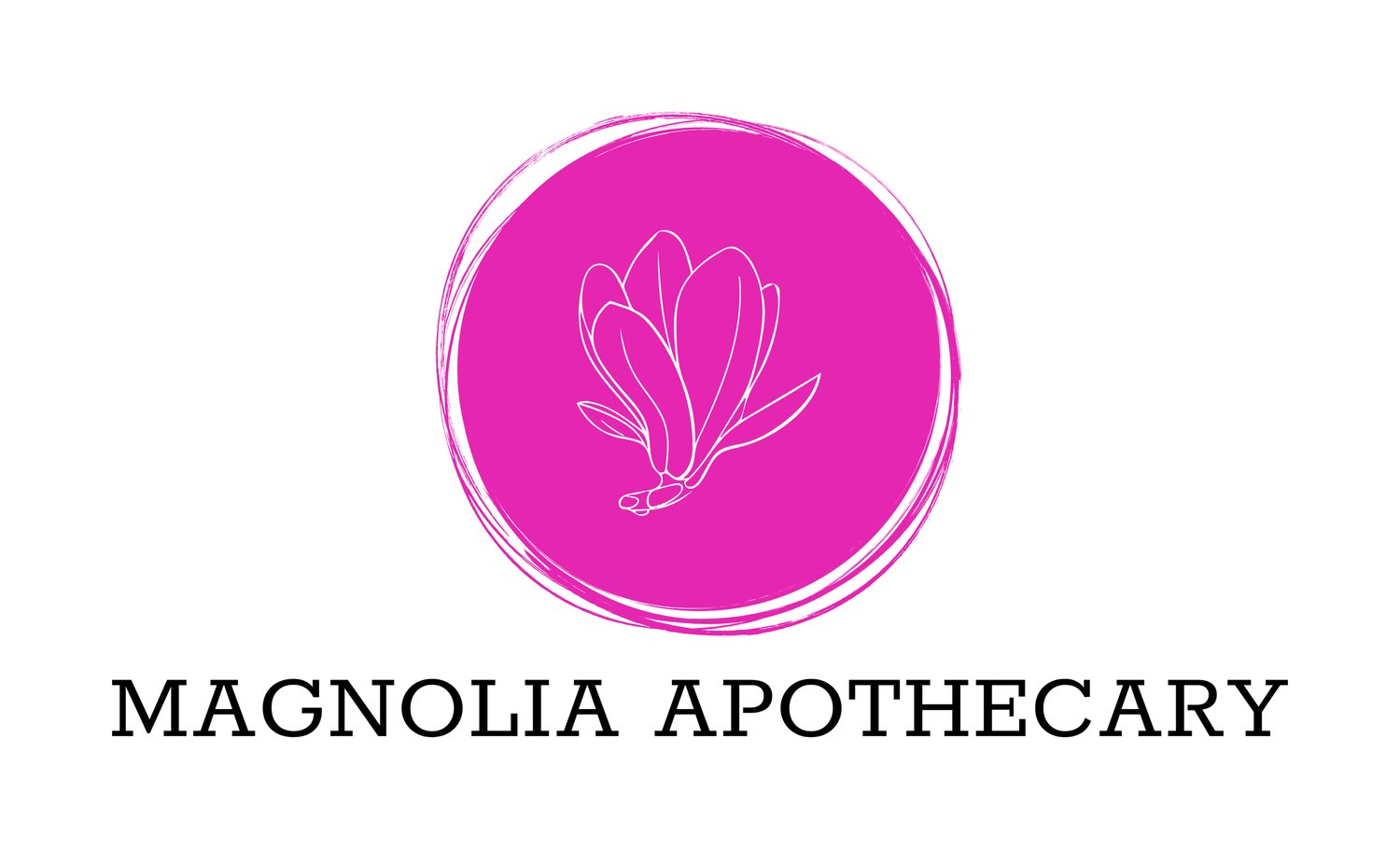Organic Food?
Organic Awareness
September is Organic Awareness Month. The choice between organic fruit and vegetables can be quite a discussion point. Whenever I bring up the subject of organics the most common response is that they are too expensive! Especially now with the cost of living issues. But the question might be are they that expensive? Especially when you weigh up the health benefits. There are also some very economical options to help keep the costs down.
I agree that organic fruit and vegetables at the supermarket are expensive (along with excessive packaging). Now is a good time to look at other options. Either you find a local supplier, or a local farmers market which will help with both costs and allow more awareness of seasonal produce. Or consider getting a home-delivery seasonal fruit/vegetable box. I have tried various options available in my area and have settled on one that suits both my budget and diet. I recently cost this out and was surprised at the savings. I would find it difficult to buy non-organic produce for the same price as the delivered box.
Value of Organics
Why bother? This is a contentious issue for some people. But I bother because I choose to eat fruit and vegetables that are grown without pesticides. Organic produce has significantly lower exposure to pesticides and other harmful chemicals compared to those used in conventional agriculture. Organic standards prohibit the use of synthetic pesticides and herbicides, so it stands to reason that organic foods are less contaminated.
What do all these pesticides do? They can harm the body in several different ways including being linked to infertility, birth defects, neurological disorders, endocrine disruptors and cancers. But what does that mean?
The thyroid is an organ that is very susceptible to toxin overload, and I consider this when treating thyroid conditions, especially those with auto-antibodies. Hormones for both males and females are also high on the list of toxic encumbrance. There is a global issue around the declining sperm count that can be associated with pollution and toxin exposure. There are a few other points regarding this issue and if you want to read a previous post on male infertility you can read it here
Toxins
In Australia, the WWF publishes a list of our most dangerous pesticides, with 17 registered products known, likely or probable carcinogens and another 42 that are possible or suspected carcinogens. Conventional broccoli has been found to have 33 pesticide residues and 5 of them are carcinogens, 6 are neurotoxins and 15 disrupt hormones!
You can find the download at https://ntn.org.au/toxic-hit-list-shows-australians-exposed-to-dangerous-pesticides/ to discover what pesticides are used on the different crops.
Research
Research is starting to show the benefits of an organic diet on long-term health. Dr Liza Oates an Australian naturopath and mentor (and I was lucky enough to have her as a clinic supervisor) conducted a study with RMIT. This study showed that people consuming organic produce for only a week can dramatically reduce the number of Organophosphate pesticides (OP’s) demonstrating that an organic diet plays a key role in reducing pesticide exposure.
You can read more about Liza’s research at the links below or you can hear her interviewed by the amazing Andrew at FX medicine podcast series.
https://www.fxmedicine.com.au/content/eating-organic-australian-research-dr-liza-oates
https://www.sbs.com.au/food/article/2014/05/09/eat-well-organic-food-lowers-pesticide-exposure
https://www.sciencedirect.com/science/article/pii/S001393511400067X
Another great resource to give you a greater understanding of what is going on in our food supply, is a book called “One Bite at a Time – Reduce Toxic Exposure & Eat The World You Want”. Both of the authors have spent decades exploring chemical toxicity, nutritional medicine and the impact of these environmental threats on our bodies.
The book covers how chemicals are tested here in Australia and the difficulties in getting consistent information. It has wonderful information that will make you think about the food you eat. Find a copy at https://www.awakenyourhealth.com.au/one-bite-at-a-time
You can also follow the guidelines set out by the Environmental Working Group (EWG) who produce a list of the dirtiest or most contaminated fruit and vegetables (The Dirty Dozen List) and the cleanest or least contaminated fruit and vegetables (Clean 15 List). This is produced in the US but it still serves as a good guideline, especially when you are starting with organics and would like to use your money wisely.
The lists can be found at https://www.ewg.org/foodnews/
For me, it’s too costly not to eat organic as I am passionate about reducing toxins. And with a bit of research and planning it isn’t that difficult or expensive either. You may even think about growing some of your own vegetables and that way you can eliminate those toxic chemicals.
If you are wanting to know more about your nutritional status, then you can book in for a naturopathic or nutritional consultation.
______________________________
This article was authored by Jan Caton, Bachelor of Health Science-Naturopathy. Jan is the Director of Magnolia Apothecary and a practising Naturopath, Nutritionist and Herbalist.
